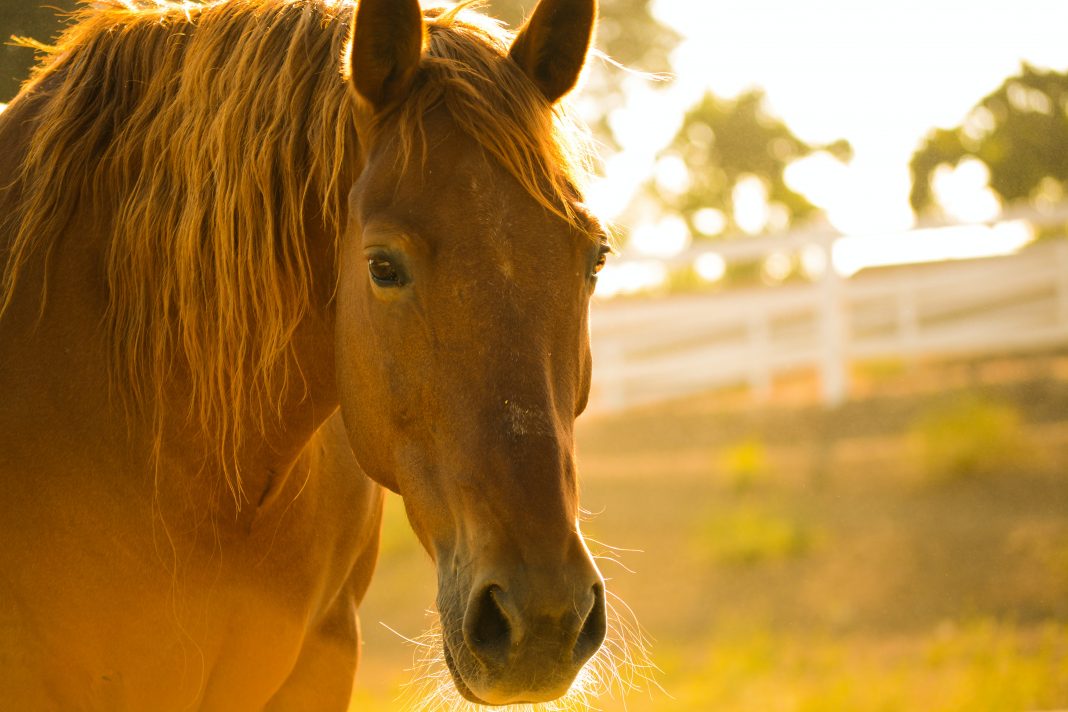If you currently manage or have previously managed a horse or pony aged 15+, and especially those with pituitary pars intermedia dysfunction (PPID), SPILLERS™ is encouraging you to participate in a survey to help better understand and improve the management of this condition.
PPID, also known as Equine Cushing’s, is a common condition in older horses and ponies and can be linked to a range of problems including laminitis, weight loss, delayed coat shedding and a long curly coat.
The survey is being conducted by the University of Melbourne, Australia, with support from the WALTHAM™ Equine Studies Group, which underpins the science behind the SPILLERS brand, and in collaboration with Queensland University of Technology, The Royal Veterinary College, Boehringer Ingelheim Vetmedica and The Liphook Equine Hospital (UK).
It forms part of a major international project to improve the understanding and knowledge of the fundamental causes of PPID, in order to improve early diagnosis, treatment, husbandry and nutritional management.
The short, anonymous online survey should enable researchers to better understand how owners make treatment decisions and which decisions have the best outcomes. It will provide an insight into how owners comply with administering medication and their capacity to feed PPID horses separately, as well as the costs and the side-effects of medications.
“The survey will provide valuable information to help improve the healthcare and management of PPID horses,” said Clare Barfoot RNutr, Marketing and Research and Development Director at SPILLERS. “It will also give us a clearer insight into current levels of knowledge among horse owners and how best to provide practical, targeted information on PPID.”

This survey is one of a number of SPILLERS research collaborations aimed at helping to benefit the lives of senior horses in the UK and around the world.
“We are proud to be involved with collaborations that bring together world-leading equine veterinary, nutrition and research experts interested in working on healthcare in the older horse,” said Clare. “We are committed to continuing to undertake work that helps support the wellbeing, performance and longevity of senior horses.”
To take the survey please click here.
For more health news from The Arabian Magazine, visit our health section.












